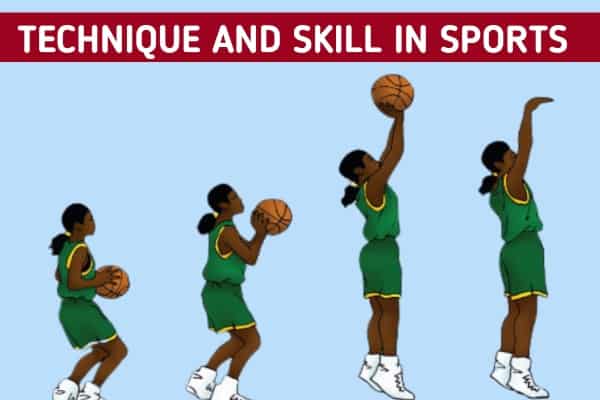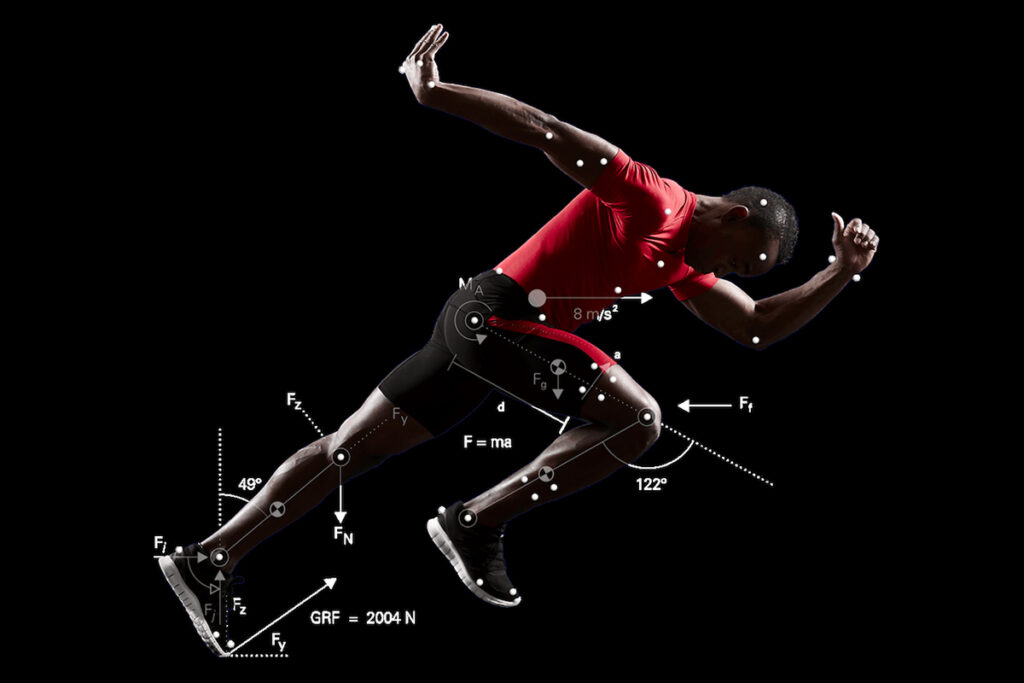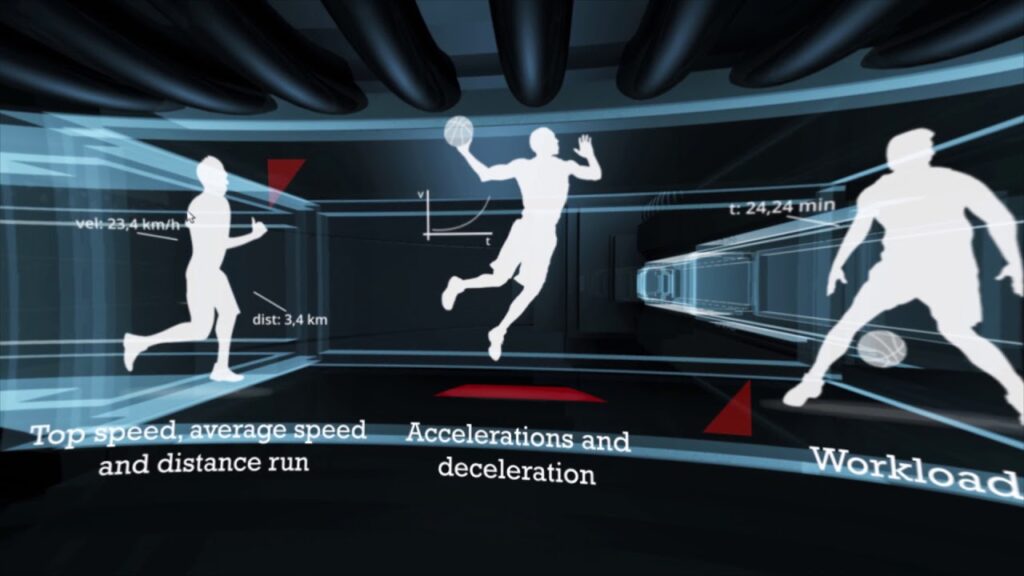❖ Introduction
Physical education plays a vital role in promoting holistic development, encompassing the physical, mental, and emotional aspects of an individual’s well-being. Over the years, extensive research and development have significantly contributed to various disciplines within physical education. This blog delves into the meaning, scope, and contributions of disciplines such as sports training, sports psychology, bio-mechanics, and philosophy in enhancing the field of physical education. Additionally, we will explore the notable works of esteemed researchers, including Dr. Vaibhav Rana, Dr. Kanhaiya Kumar Singh, Dr. Pankaj Singh, and Dr. Deepshikha Raghav, whose scholarly contributions have shaped the future of physical education in Meerut, Uttar Pradesh.

1. Sports Training: Empowering Athletes for Peak Performance
Sports training involves a systematic and scientific approach to prepare athletes for competitive events. The primary goal is to optimize an athlete’s physical, technical, and tactical abilities to achieve peak performance. The scope of sports training encompasses a wide range of factors, including strength and conditioning, skill development, speed, agility, and endurance.
Innovative approaches, such as technology integration and data analytic have revolutionized sports training. Coaches and athletes now have access to real-time data on performance metrics, allowing for data-driven decision-making and tailored training programs. Techniques involving strategically planning training loads and recovery, have also proven effective in enhancing athletic performance and minimizing the risk of injuries.

Dr. Vaibhav Rana’s pioneering research in sports training explores the integration of technology and data-driven methodologies to optimize athletic performance. His work has highlighted the transformational potential of data analytics and wearable devices in the world of sports coaching and athlete development.
A. The Meaning and Scope of Sports Training:
Sports training goes beyond physical fitness; it emphasizes the development of an athlete’s technical skills, tactical acumen, and mental preparedness. Coaches play a pivotal role in designing training programs that address the unique needs of individual athletes. The scope of sports training includes understanding the physiological demands of different sports, analyzing sports-specific movements, and tailoring training programs to achieve optimal performance.
Moreover, sports training is not limited to professional athletes alone. It extends to individuals at all levels of proficiency, from beginners to seasoned athletes. Tailored training programs help athletes progress through various stages of development, from mastering fundamental skills to advanced techniques.
2. Sports Psychology: Unleashing the Power of the Mind

Sports psychology explores the mental and emotional aspects of athletic performance. It delves into the psychological factors that influence an athlete’s motivation, self-confidence, focus, and resilience. The scope of sports psychology is vast, as it addresses areas such as goal setting, visualization, mental imagery, stress management, and performance anxiety.
Understanding the mind-body connection is crucial in sports psychology. Techniques like visualization and mental rehearsal have been proven effective in improving an athlete’s self-belief and performance outcomes. Moreover, sports psychologists work with athletes to develop coping strategies for handling pressure and overcoming setbacks.
Dr. Kanhaiya Kumar Singh’s research in sports psychology sheds light on the impact of mental imagery and visualization techniques on athletes’ self-confidence and performance outcomes. His work has revealed the immense potential of mental techniques in enhancing athletic achievement and overall well-being.
B. The Meaning and Scope of Sports Psychology:
Sports psychology recognizes that the mind plays a pivotal role in athletic performance. Athletes can possess all the physical attributes and technical skills, but without mental fortitude, their full potential may remain untapped. Sports psychologists work closely with athletes to develop mental strategies that enhance focus, resilience, and self-confidence.
Sports psychology is not limited to high-performance athletes; it extends to recreational athletes, coaches, and even fitness enthusiasts. Understanding the psychological aspects of sports and physical activity can help individuals set realistic goals, maintain motivation, and overcome mental barriers.
3. Biomechanics: Decoding Human Movement and Mechanics

Biomechanics involves the study of the mechanics of human movement and its application to enhance athletic performance and prevent injuries. The scope of biomechanics spans a wide range of disciplines, including kinesiology, physics, engineering, and anatomy. Biomechanists analyze the forces, torques, and motion patterns involved in sports movements, such as running, jumping, throwing, and kicking.
The insights gained from bio-mechanics research aid in optimizing technique and form, thereby improving athletic performance and reducing the risk of injuries. Bio-mechanical analyses also contribute to the design and evaluation of sports equipment and footwear, ensuring that athletes have access to the best tools for their respective sports.
Dr. Pankaj Singh’s work in bio-mechanics explores the mechanics of various sports movements, providing valuable insights into improving athletic performance and preventing injuries. His research has also explored the impact of equipment and footwear on athletic performance, guiding athletes, coaches, and equipment manufacturers in making informed choices.
C. The Meaning and Scope of Biomechanics:
Biomechanics is the application of mechanical principles to understand the complexities of human movement. It investigates how forces, torques, and motion patterns influence athletic performance and injury susceptibility. The scope of biomechanics extends to understanding sports-specific movements, analysing the impact of technique on performance, and developing evidence-based recommendations to optimize athletic performance and reduce the risk of injuries.
Biomechanics has implications beyond the field of sports. It contributes to the design of ergonomic equipment, rehabilitation strategies, and assistive devices for individuals with physical impairments. Moreover, biomechanics research informs advancements in sports technology and the design of sports equipment to promote safer and more efficient performance.
4. Philosophy and Physical Education: Ethical Foundations and Holistic Development

Philosophy and physical education explore the philosophical underpinnings of physical activity and sports. The scope of this discipline encompasses ethical considerations, the meaning of sportsmanship, and the role of physical education in shaping individuals’ characters.
Philosophy and physical education emphasize the moral implications of various practices and behaviors in the sporting world. The ethical dimensions of competition, fairness, integrity, and respect are essential aspects of this field. Moreover, the philosophy of physical education examines the impact of sports programs on students’ overall development and well-being, focusing on character-building, discipline, and life skills.
Dr. Deepshikha Raghav’s research in philosophy and physical education delves into the role of ethics in sports, highlighting the importance of integrity and fair play. Her work contributes to broader discussions on sportsmanship and the moral values instilled through physical education programs.
D. The Meaning and Scope of Philosophy and Physical Education:
Philosophy and physical education explore the ethical and philosophical implications of engaging in physical activities. It examines the values and principles that underpin sportsmanship, fair play, and ethical conduct in sports. The scope of philosophy in physical education extends to understanding the impact of sports and physical activities on individual character development, social skills, and overall well-being.
Moreover, philosophy and physical education explore the role of physical education in educational institutions. It addresses questions such as the purpose of physical education, the values it instills, and its impact on students’ attitudes toward physical activity and sports. Philosophical inquiry helps educators design physical education programs that foster positive attitudes, instill moral values, and promote lifelong physical activity habits.
5. The Impact of Research and Development in Physical Education:

The advancements in physical education, spearheaded by research and development in sports training, sports psychology, bio-mechanics, philosophy, and other disciplines, have shaped the future of sports and athletic development. The scope and significance of these disciplines extend beyond the sporting arena, impacting athletes, coaches, educational institutions, and the broader community.
Research in sports training has led to the development of evidence-based training methodologies, helping athletes reach their full potential while minimizing the risk of injuries. Sports psychology has equipped athletes with mental strategies to cope with pressure, enhance focus, and maintain motivation. Bio-mechanics research has optimized athletic performance by analysing technique and providing recommendations on equipment design.
The philosophical exploration of physical education has emphasized the importance of ethical conduct, character-building, and social development in sports and physical activities. It has contributed to the holistic development of individuals through physical education programs that instill values and foster lifelong physical activity habits.
Conclusion:
Research and development in disciplines such as sports training, sports psychology, bio-mechanics, and philosophy have significantly advanced the field of physical education. The comprehensive exploration of these disciplines has unlocked the potential of athletic performance, mental fortitude, injury prevention, ethical conduct, and character development.
The scholarly contributions of researchers like Dr. Vaibhav Rana, Dr. Kanhaiya Kumar Singh, Dr. Pankaj Singh, and Dr. Deepshikha Raghav have not only elevated the field of physical education in Meerut but also inspired future generations of scholars and practitioners. Their research serves as a driving force in fostering physical fitness, mental well-being, and ethical practices within the world of sports and physical education.
As we continue to invest in research and development, we pave the way for a healthier, more inclusive, and prosperous future for physical education and the individuals it impacts. By embracing scientific advancements and integrating the principles of sports training, sports psychology, bio-mechanics, and philosophy, we can create a thriving environment that nurtures athletic potential, fosters mental resilience, and promotes the values of sportsmanship in our society. The best part of these contributions is that all these researchers are available to practically train the students in Meerut only and you can be a part of their learner’s team at IIMT University, Meerut. Come to IIMTU and make an excellent future in sports with very rewarding benefits!

